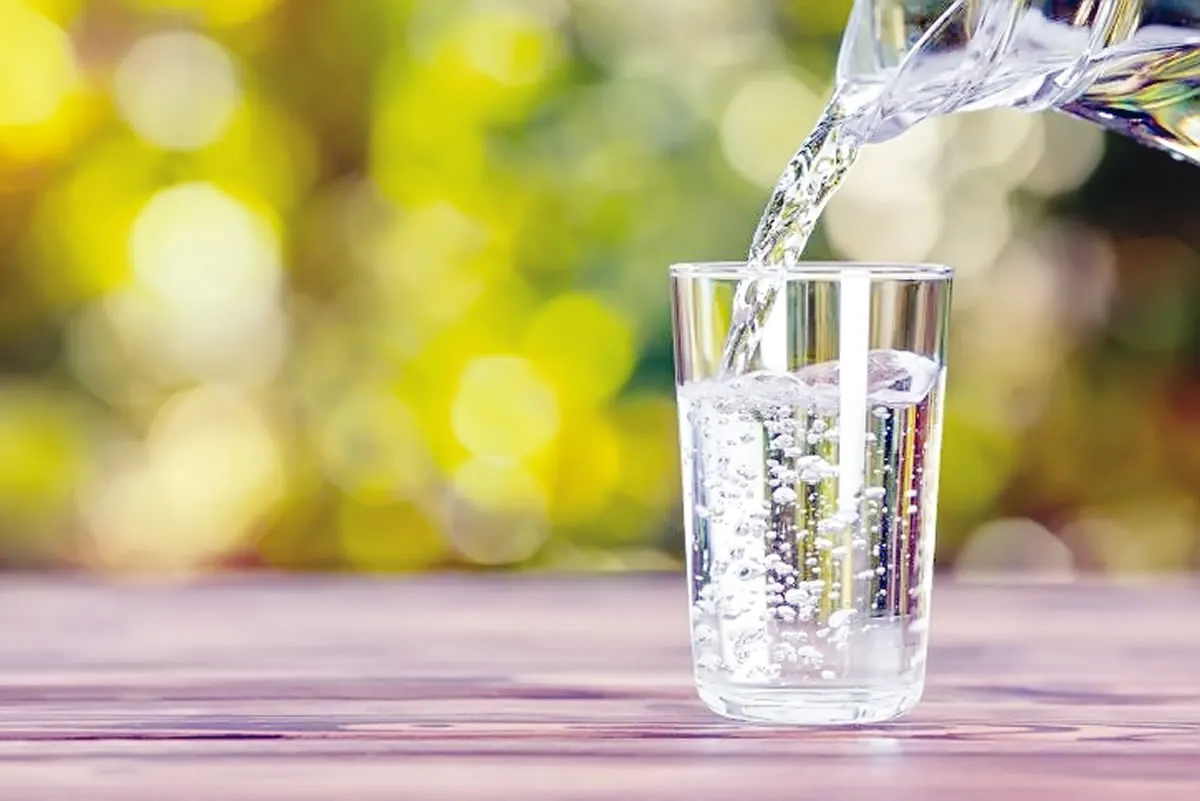By Sade Oguntola
Copyright tribuneonlineng

Scientists have said that drinking too little water makes us more vulnerable to stress through dehydration.
In a new study, researchers found that people who drank less water than is advised each day had higher levels of cortisol, the body’s primary stress hormone. Elevated cortisol responses are linked to higher risks of heart disease, diabetes, and depression.
Sustained dehydration can put strain on the kidneys and increase the risk of heart problems, including low blood pressure, heart attacks, and heart palpitations.
Inadequate fluid intake can lead to heat cramps, heat exhaustion, or even heatstroke, particularly during periods of high activity and sweating.
Published in the Journal of Applied Physiology, the research reported that individuals that drank under 1.5 litres of fluid per day (roughly seven cups of tea) exhibited stress-induced cortisol levels more than 50 percent greater than those who met the recommended water intake.
Study lead Professor Neil Walsh, a physiologist in WMU’s School of Sport and Exercise Sciences, said cortisol is the body’s primary stress hormone, and exaggerated cortisol reactivity to stress is associated with an increased risk of heart disease, diabetes and depression.
He advised: “If you know you have a looming deadline or a speech to make, keeping a water bottle close could be a good habit with potential benefits for your long-term health.”
Neil and his colleagues divided healthy young adults into two equal groups based on their daily fluid consumption, representing the lowest and highest 25 per cent of intake.
ALSO READ: Nigerians already suffering, new taxes will kill businesses — ADC
The ‘low fluid’ group included participants who generally drank less than 1.5 litres of fluid each day (including water, tea, and other drinks). The ‘high fluid’ group was made up of individuals who consistently met the recommended intake of two litres for women and 2.5 litres for men.
Both groups were balanced for important factors that can affect stress responses, such as psychological traits and sleep patterns.
Participants maintained their regular drinking patterns for a week while blood and urine tests monitored their level of hydration.
They then finished the Trier Social Stress Test, a popular technique that combines a timed mental arithmetic task with a simulated job interview to simulate real-world stress.



